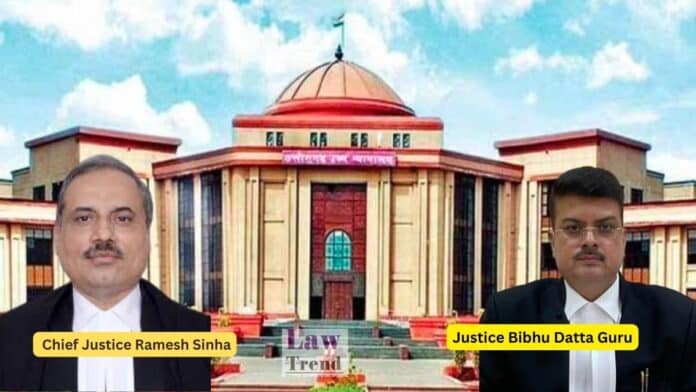Reiterating the legal principle that a credible dying declaration can be the sole basis for conviction, the Chhattisgarh High Court has upheld the life sentence awarded to Dhaneshwar Yadav and his mother Mangli Bai for the murder of Dhaneshwar’s wife, Radhabai. The Court found that the deceased’s dying declaration was clear, voluntary, and consistent, and
To Read More Please Subscribe to VIP Membership for Unlimited Access to All the Articles, Download Available Copies of Judgments/Order, Acess to Central/State Bare Acts, Advertisement Free Content, Access to More than 4000 Legal Drafts( Readymade Editable Formats of Suits, Petitions, Writs, Legal Notices, Divorce Petitions, 138 Notices, Bail Applications etc.) in Hindi and English.




